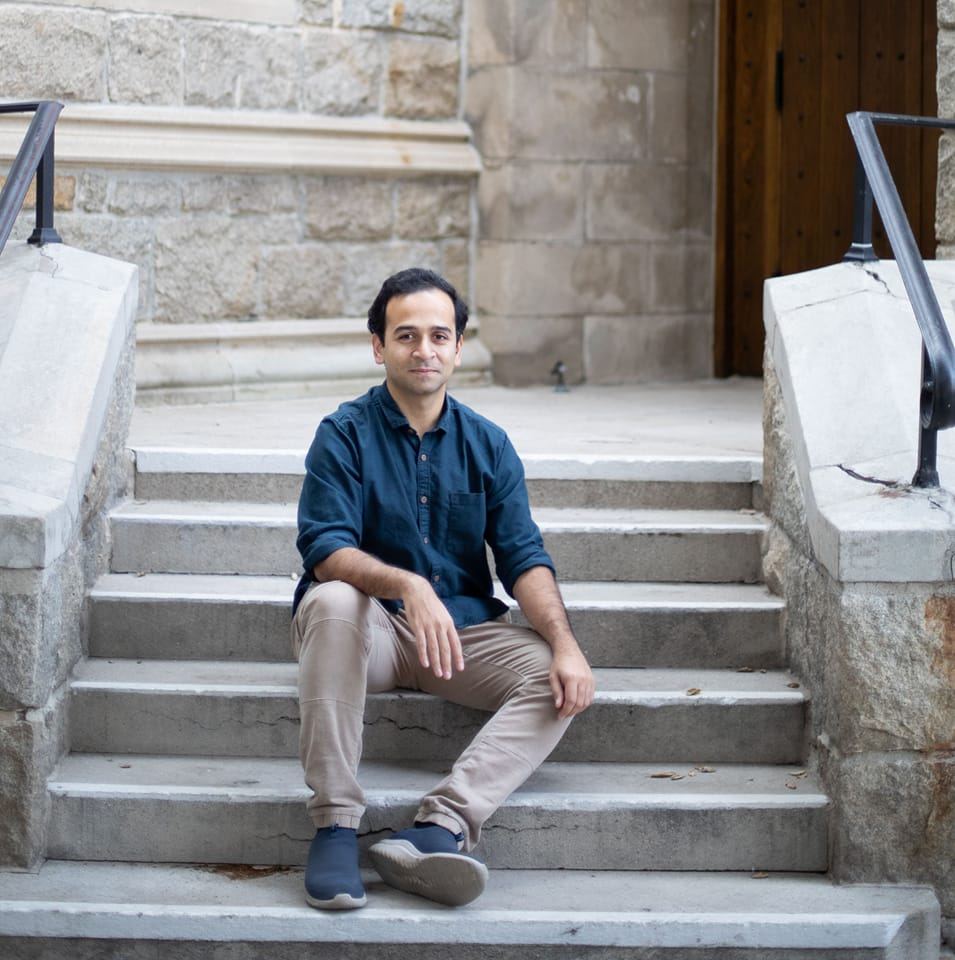

Aditya Patwardhan shared their story and experiences with us recently and you can find our conversation below.
Hi Aditya, thank you for taking the time to reflect back on your journey with us. I think our readers are in for a real treat. There is so much we can all learn from each other and so thank you again for opening up with us. Let’s get into it: What do you think others are secretly struggling with—but never say?
I think most people quietly wrestle with their own identity. It is like carrying around an invisible backpack filled with “who you are supposed to be” versus “who you actually are.” Sometimes that backpack gets so heavy that it spills into the little things, how we order coffee, how we argue about a movie, even how we scroll through Instagram.
Identity is both beautiful and burdensome, it gives us culture, color, and story, but it can weigh us down if we hold on too tightly. People rarely admit “I am not sure who I really am” because it feels scary. But the truth is, most of us are figuring it out as we go. And maybe that is perfectly fine. If films can be rewritten and reshot until they feel right, maybe life works in the same way.
Can you briefly introduce yourself and share what makes you or your brand unique?
I am Aditya Patwardhan, a filmmaker working between Los Angeles and Jaipur, and my stories rarely stay confined to one border or culture. I direct and produce films across genres and languages, from socially driven documentaries like Pink Belt and A Nomad River to thrillers and dramas that explore the human condition. What excites me is bringing together creativity and purpose, telling stories that are cinematic yet meaningful.
My company Mithraspect was built around this very idea, to create films that resonate across cultures and continents. Alongside my film work, I also serve on the advisory board of Artists for Change in the US and as a fellow with the International Foundation for Sustainability in the UK. That gives me the chance to contribute to society not just through cinema, but through thought leadership and advocacy for art, culture, and sustainability.
Right now, I am working on Hidden Beneath the Brushstrokes, a documentary celebrating the last hand-painted film poster artists, and The Web of Life, a feature drama with Corbin Bernsen and Aaron Douglas. At the heart of it all, I believe storytelling is not only about entertainment, it is about empathy, dialogue, and maybe even changing the way we see the world.
Thanks for sharing that. Would love to go back in time and hear about how your past might have impacted who you are today. What was your earliest memory of feeling powerful?
I think my earliest memory of feeling powerful was not about winning something or standing on a stage, it was about understanding something. When I figured out how an instrument worked, or when a piano piece I was practicing finally clicked, or even when a bit of science or social dynamics suddenly made sense, it felt empowering. That sense of “Oh, now I get it” gave me real satisfaction.
As I grew up, I realized that the power I felt was not in controlling the thing itself, but in gaining a new point of view about it. Understanding is its own kind of power. And with age, I have learned that there are always many perspectives on the same moment or object.
That, to me, is what filmmaking really is. Filmmakers give perspective to what we see happening around us every day. We take ordinary events, objects, or emotions, and show them from angles that make people pause, feel, and sometimes understand differently. That early sense of empowerment from understanding has never left me, it simply grew into my craft as a storyteller.
If you could say one kind thing to your younger self, what would it be?
I would tell my younger self that there are always many points of view, and the social identities we assume are not as solid or permanent as they feel in the moment. They can be useful to carry through day-to-day life, like costumes we wear for certain scenes, but they are not the essence of who we are. Do not mistake them for the full story.
I would remind him that life is more fluid than it appears, and perspectives can change the meaning of almost anything. That is also what filmmaking has taught me over the years, that how you choose to look at something can completely transform its weight, its beauty, or even its truth.
So I would simply say, be gentle with yourself, do not hold on too tightly to the roles you think you must play, and keep exploring the perspectives, because that is where freedom lives.
So a lot of these questions go deep, but if you are open to it, we’ve got a few more questions that we’d love to get your take on. What would your closest friends say really matters to you?
My closest friends would probably say that what matters to me most is for the people around me to feel peaceful and content. Whether it is at home or on a film set, that sense of calm and mutual respect shapes the entire experience and, in a way, determines my own quality of life too. When people feel safe and valued, they naturally bring their best selves to the moment, and I think that is where the real magic happens.
They would also say that it deeply matters to me that my creative process stays enjoyable and truthful, even in harsh or unpredictable situations. Filmmaking can be intense, but I have always believed that if the journey itself carries honesty, curiosity, and a touch of joy, then the final work will reflect that energy.
Before we go, we’d love to hear your thoughts on some longer-run, legacy type questions. What will you regret not doing?
I think my greatest regret would be if I stopped making films or telling stories that give people a deeper or fresher perspective. To me, that is the heart of filmmaking, taking something familiar and showing it in a way that feels new, surprising, or illuminating. Stories are not just entertainment, they are a way of shifting perspective, and I would feel a deep sense of loss if I stopped contributing to that.
In films like A Nomad River, Red House by the Crossroads, and Pink Belt, I often mix documentary and fiction. That hybrid form allows me to present true stories with an added dimension, a way of entering them not just as facts, but as lived experiences. The fundamentals of the truth remain intact, but the storytelling gives the audience an opening to feel it more viscerally.
That approach, I think, is what I will always hold onto. Because if I stopped making films that try to do this, I would feel like I had left something unfinished, both for myself and for the audience. Regret, for me, would not be about missing fame or recognition, but about missing the chance to give perspective, to make someone look at their world differently for even a moment.
Contact Info:
- Website: https://www.patwardhans.org
- Instagram: https://www.instagram.com/adityapatwardhan/
- Linkedin: https://www.linkedin.com/in/patwardhan/
- Twitter: https://x.com/ajpatwardhan
- Facebook: https://www.facebook.com/patwardhan
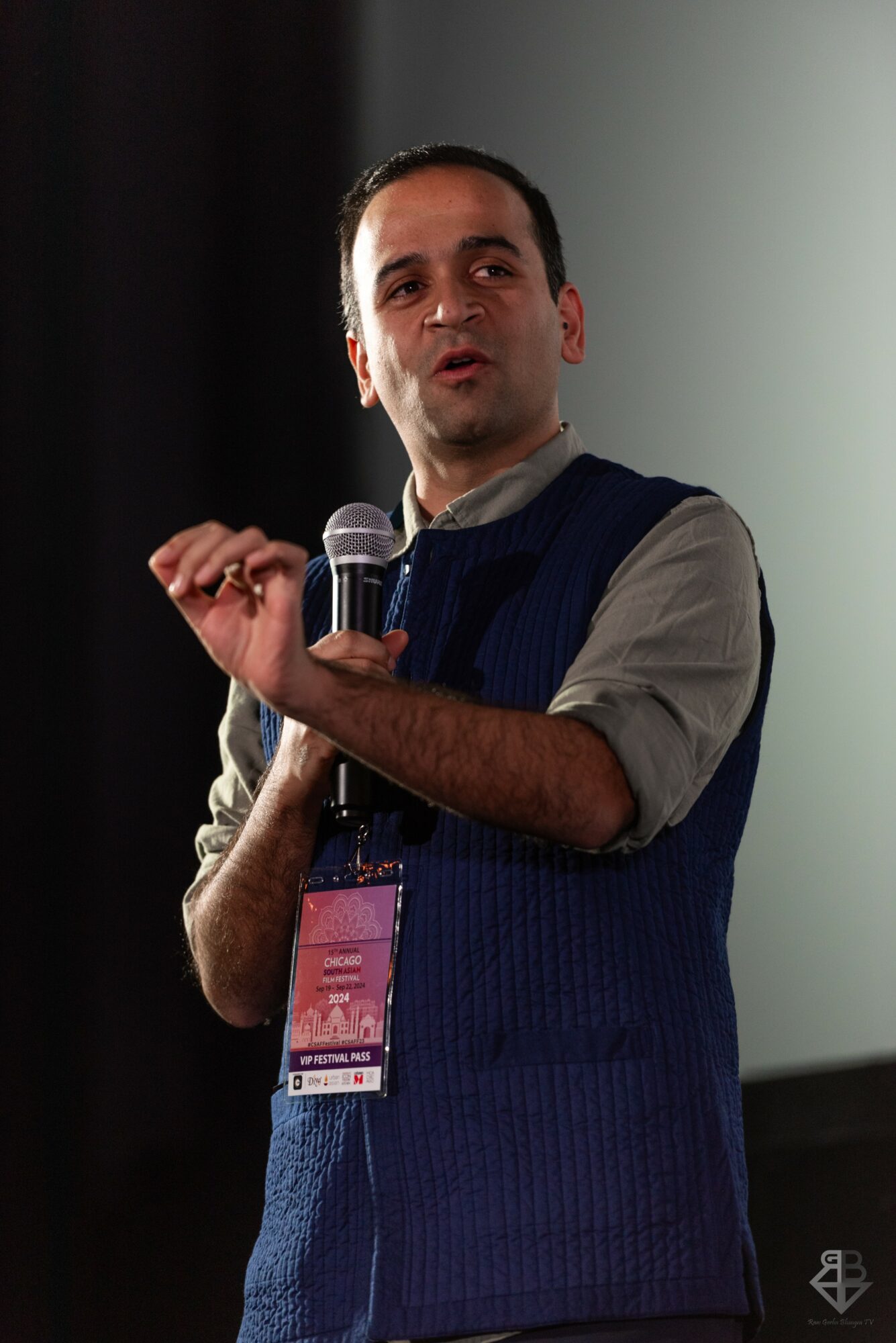
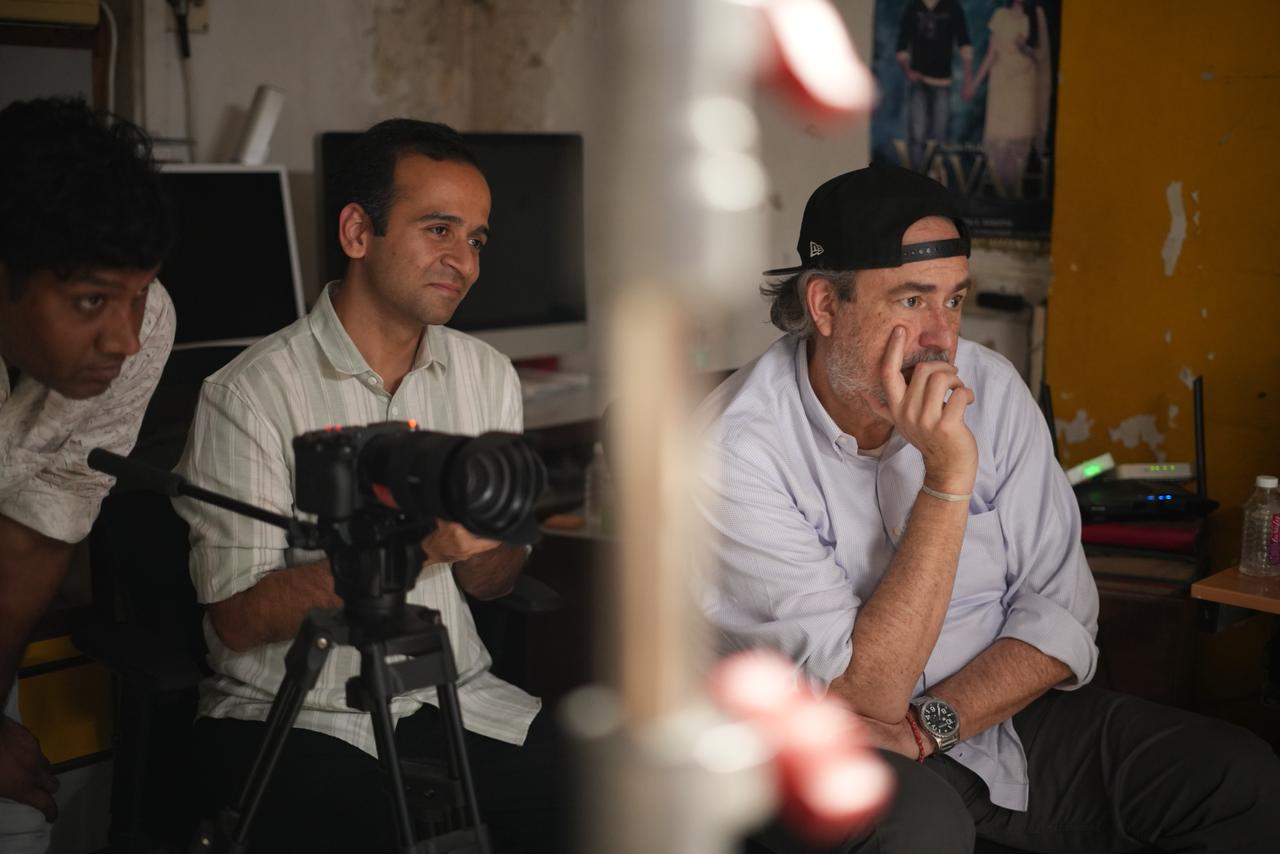
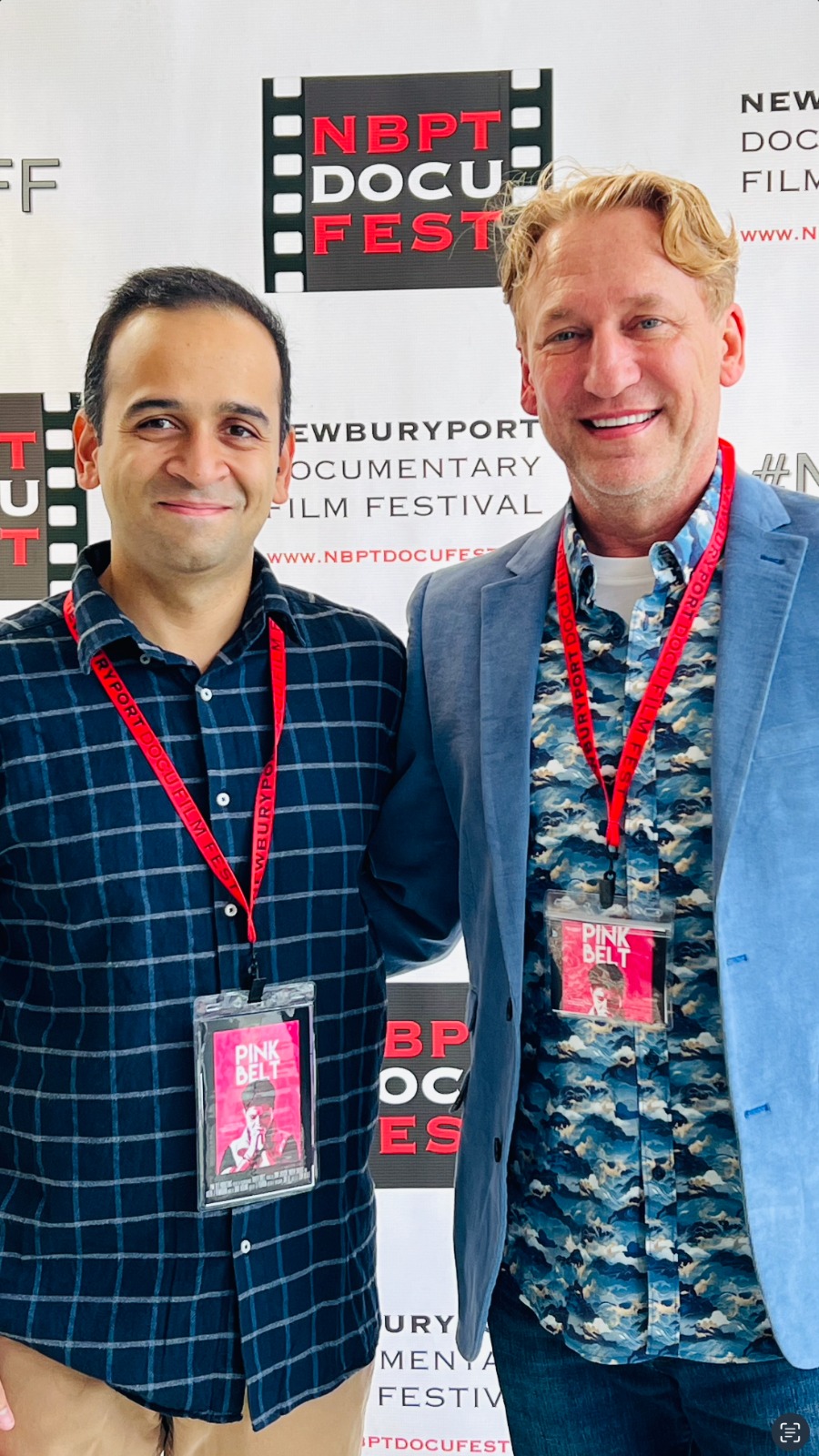
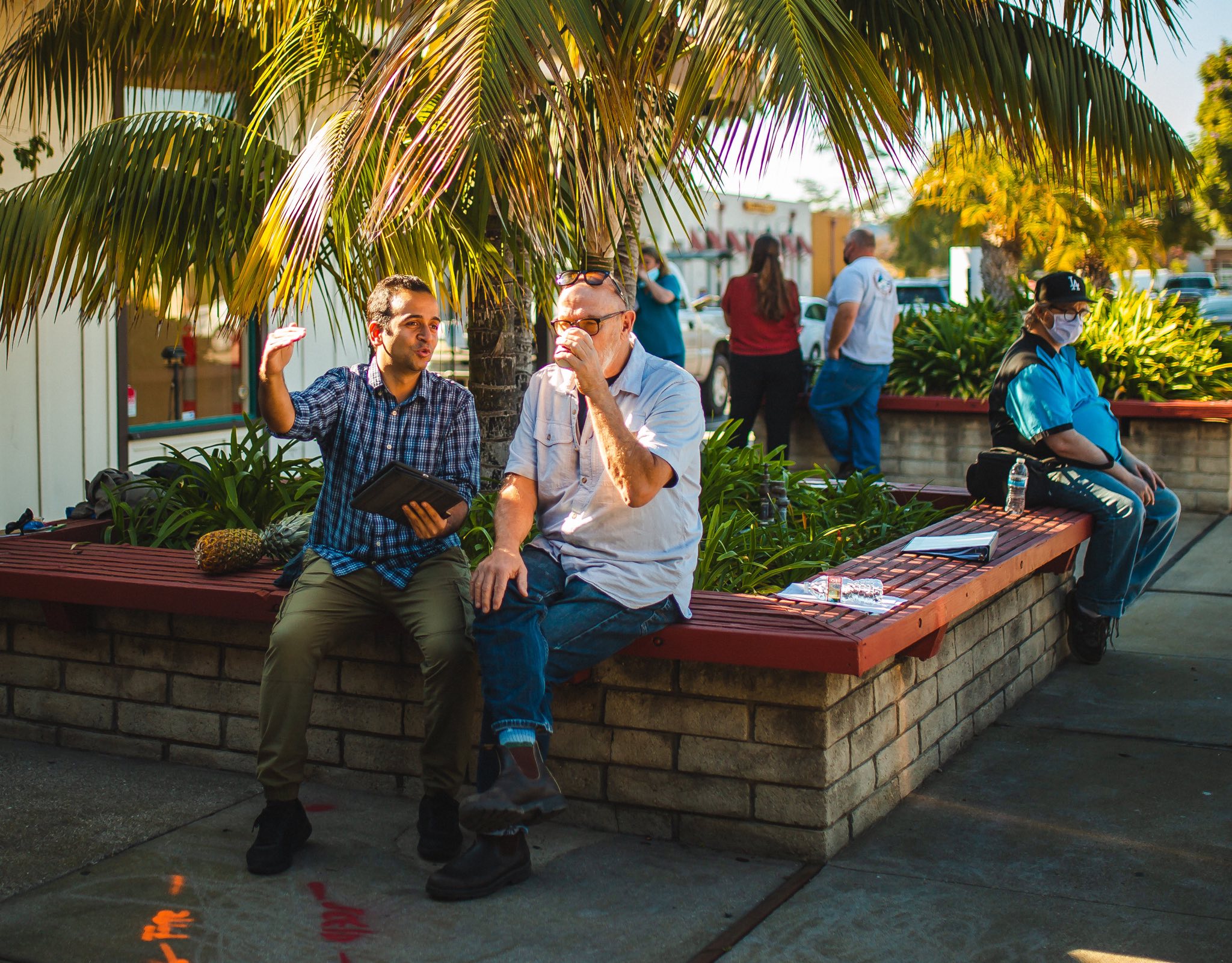
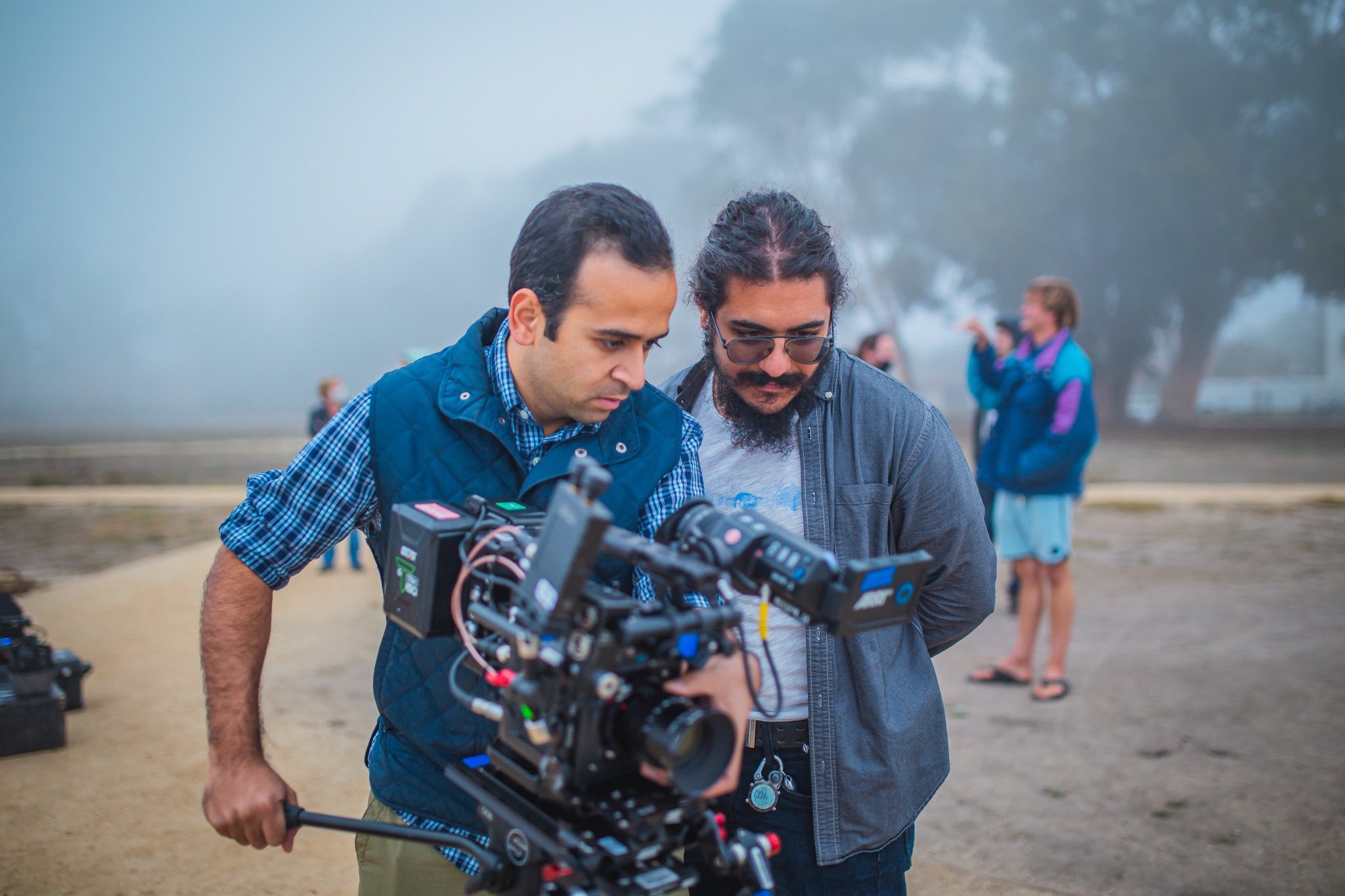
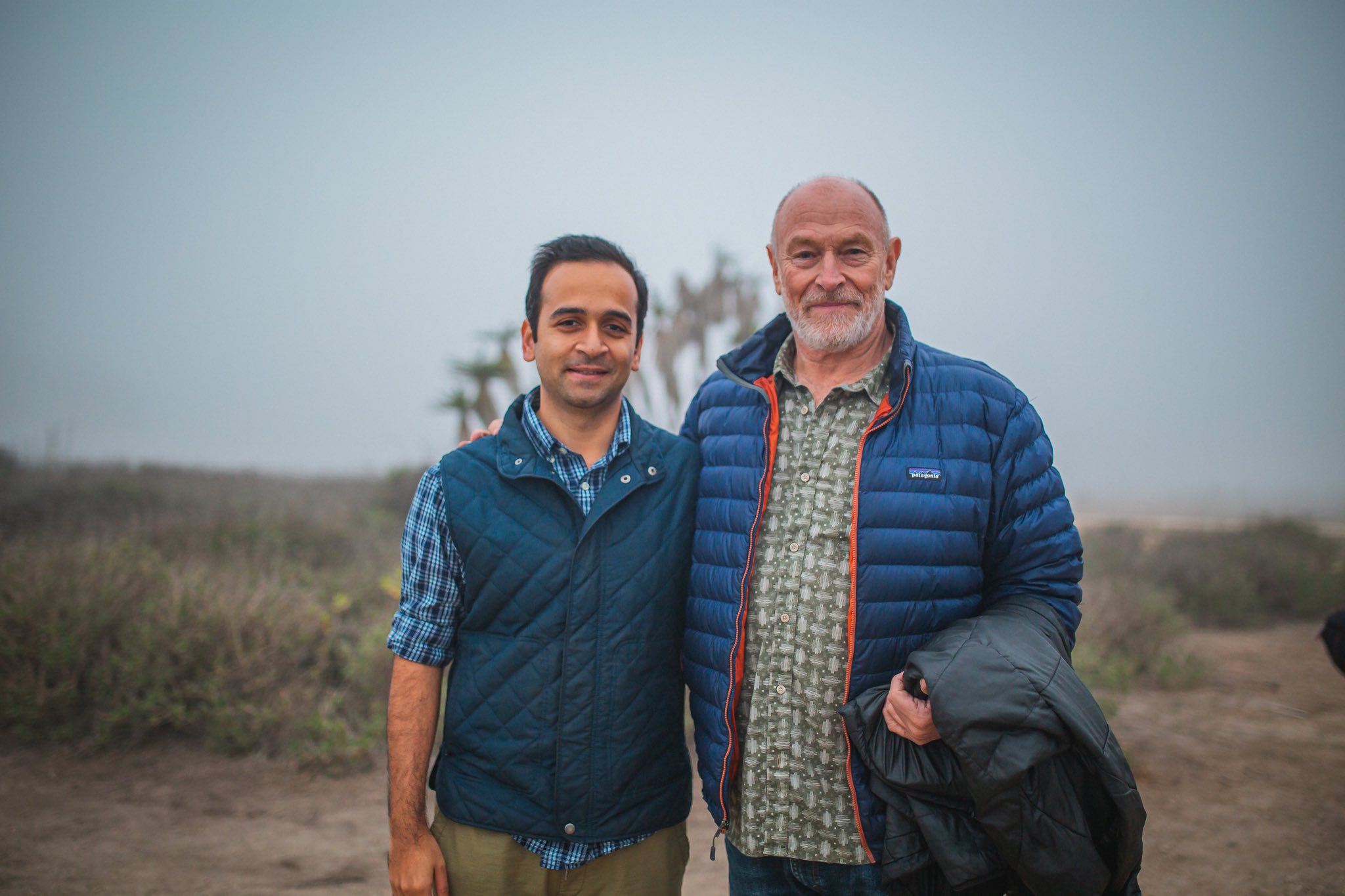
Image Credits
All pictures are from personal collection.














